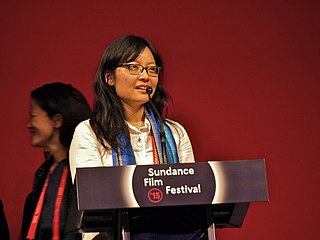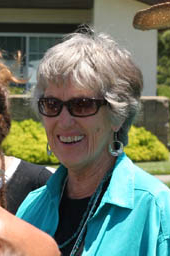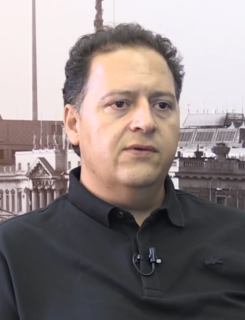A Quote by Tracy Chapman
What does the future look like if the heads of society ask our young people to risk their lives for questionable causes? I think it looks rather bleak.
Related Quotes
The reason I'm interested in alternative worlds and near-future settings is that it allows us to look at our own limitations in our worldviews. These settings allow me to explore how our world might evolve if we allow individualistic kinds of success to remain our primary value. I'm not trying to be overly bleak, and I don't feel bleak or sad about our world. I want empowered and educated people who understand a lot about the world's challenges to strive to be noble, rather than cynical. I think we still need more champions out there.
I think that part of everybody's success is due to their looks, but it just works in different ways. If you're whatever society calls attractive, then people say that you got ahead because of your looks-especially if you're a woman. If you're whatever society says is not attractive, then they say you got ahead because you're compensating, you couldn't get a man or whatever. So everybody pays the same penalty for the fact that women are assessed for their outsides rather than for what's in our heads and our hearts.
Yes, it looks bleak. But you are still alive now. You are alive with all the others, in this present moment. And because the truth is speaking in the work, it unlocks the heart. And there’s such a feeling and experience of adventure. It’s like a trumpet call to a great adventure. In all great adventures there comes a time when the little band of heroes feels totally outnumbered and bleak, like Frodo in Lord of the Rings or Pilgrim in Pilgrim’s Progress. You learn to say ‘It looks bleak. Big deal, it looks bleak.’
We carry around in our heads these pictures of what our lives are supposed to look like, painted by the brush of out intentions. It's the great, deep secret of humanity that in the end none of our lives look the way we thought they would. As much as we wish to believe otherwise, most of life is a reaction to circumstances.
Are our ways of teaching students to ask some questions always correlative with our ways of teaching them not to ask - indeed, to be unconscious of - others? Does the educational system exist in order to promulgate knowledge, or is its main function rather to universalize a society’s tacit agreement about what it has decided it does not and cannot know?
The secret message communicated to most young people today by the society around them is that they are not needed, that the society will run itself quite nicely until they - at some distant point in the future - will take over the reigns. Yet the fact is that the society is not running itself nicely... because the rest of us need all the energy, brains, imagination and talent that young people can bring to bear down on our difficulties. For society to attempt to solve its desperate problems without the full participation of even very young people is imbecile.
I think that's why Meryl Streep is working so much, because she looks like a woman we can all relate to. I look at her and I think, 'I'm chasing my kids, I've moved my parents in with me, I'm coping with food spills - that looks like me in real life'. Meryl looks like an unmade bed, and that's what I look like. To me, that looks true.
I don't foresee a future where people don't have some sort of phone that's like a computer. I don't foresee a future where those phones don't have cameras in them. That spells a future where smartphones are the status quo. You have to ask yourself how you allow people to communicate what's in their lives.
When one is that powerful and one think life will last like that forever, it is simply the most ephemeral thing. I don't think these sons and daughters of drug dealers are contributing to a lasting peace nor to human values that add to our society. They're delivering the message of riches and power that comes at the cost of people's lives and health and they incentivize young people to follow this model.




































